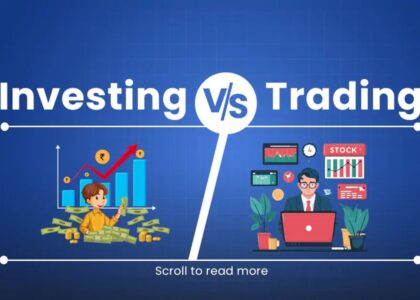Mutual Funds have become increasingly popular among investors of all kinds over the past decade. This investment vehicle pools money from multiple investors and invests it in various asset classes, with numerous options available to align with individual investment goals, risk tolerance, and investment horizon.
What are Equity Hybrid Funds?
It’s a type of Hybrid Mutual Fund that invests in a mix of debt and equity-related instruments and asset classes. An open-ended scheme of Hybrid Fund where equity allocation is greater than debt allocation is known as Equity-oriented Hybrid Fund or simply Equity Hybrid Funds.
These funds can offer the benefits of both equity and debt asset classes, with a fund manager investing at least 65% of the total funds in equity and the remaining funds in debt and money market instruments.
Benefits of Hybrid Funds
One of the key feature of Equity Hybrid Funds is their suitability for young investors who may be new to investing and require the management of their funds by a professional fund manager.
Asset allocation is also a major advantage of Equity Hybrid Funds, as fund managers allocate funds and provide ready-made investment portfolios for investors who do not have the time or expertise to study the market.
Furthermore, these funds can provide a regular income source as a portion of the investment is allocated to debt assets.
Key Pointers to Remember Before Investing in Equity Hybrid Funds
- Investors must consider their investment horizon, risk appetite, and taxation implications.
- Equity Hybrid Funds perform well over the long term, and a horizon of three to five years is considered ideal for better returns.
- As with all investments, there is a level of risk involved, and investors must consider their risk appetite when selecting Equity Hybrid Funds.
- Taxation on Equity Hybrid Funds is as per pure Equity Fund taxation norms, but with the presence of debt securities, debt fund taxations apply as well.
In Summary,
Equity Hybrid Funds are a type of Hybrid Mutual Fund that can offer the benefits of both equity and debt asset classes. These funds can be an ideal investment option for young investors and those who do not have the time or expertise to manage their investments.
However, investors must consider their investment horizon, risk appetite, and taxation implications before investing in these funds.









